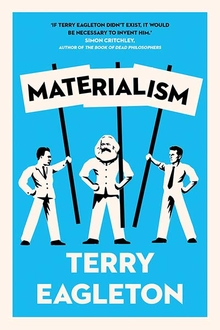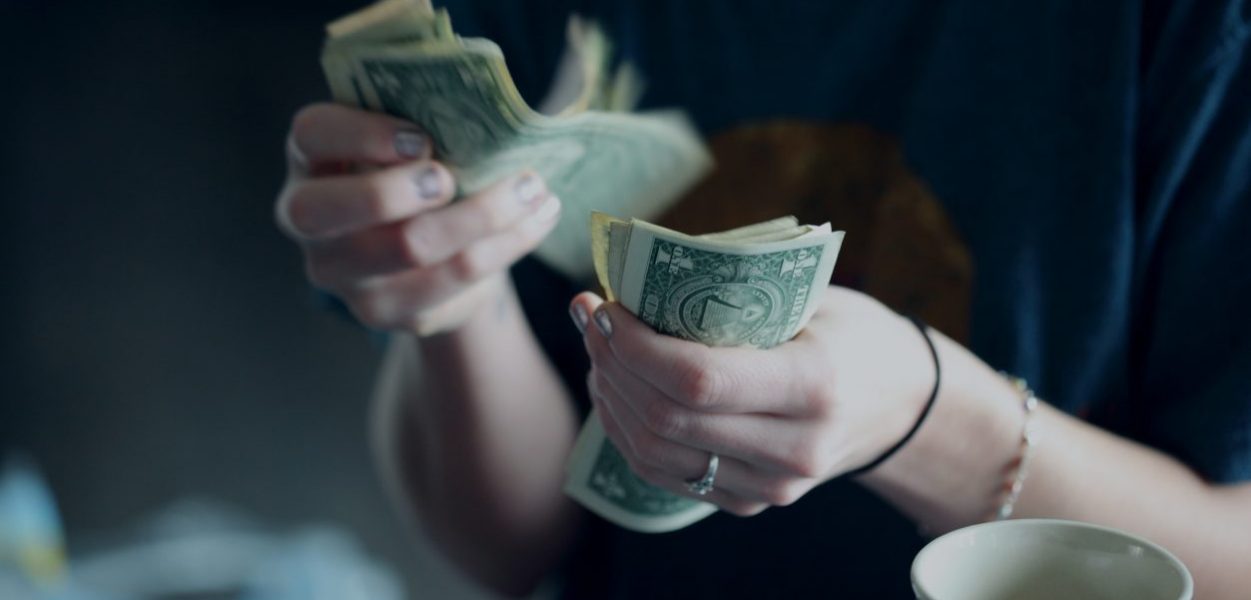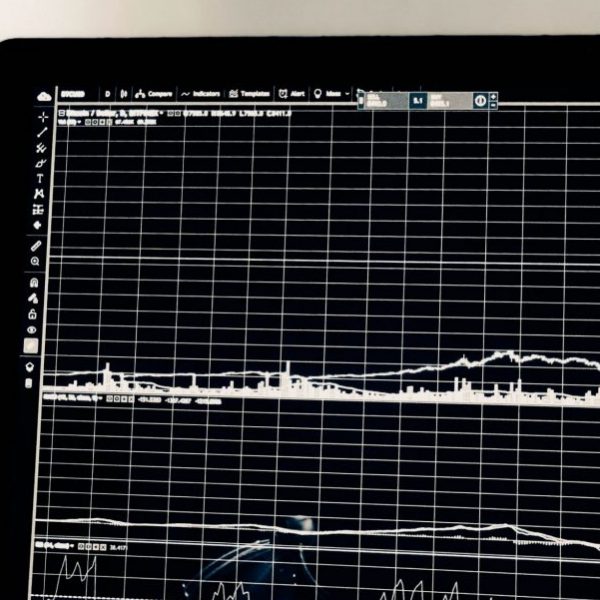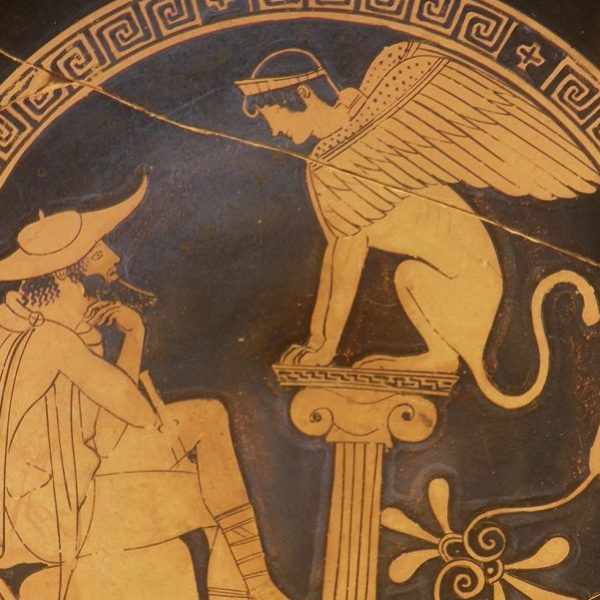Materialism and the Senses
Terry Eagleton—
The early Marx is engaged on an arrestingly original project. No other critic of the system under which he lived had taken it to task for what it does to the human senses. There had been no such phenomenology of capitalism before. In Marx’s view, the capitalist mode of production comes under the sway of a supremely bodiless form of reason, one that assumes a variety of forms. ‘All the physical and intellectual senses,’ Marx comments in his Economic and Philosophical Manuscripts, ‘have been replaced by the simple estrangement of all these senses – the sense of having. So that it might give birth to its inner wealth, human nature has been reduced to this absolute poverty.’ If acquisitiveness breeds abstraction, so, ironically, does poverty. The goods that the poor need in order to survive are stripped of their sensuous properties and reduced to what Marx calls an ‘abstract form’. You do not care what you eat if you are starving, or what kind of work you can obtain if the alternative is to go hungry.
True human activity, by contrast, is a question of praxis – of the free realisation of one’s sensory and spiritual powers as enjoyable ends in themselves. Its model for Marx is the work of art. It is a question of happiness or well-being, which for Marx as for Aristotle is an activity rather than a state of mind. The most authentic form of production or ‘life activity’ (notions which for Marx extend far beyond the factory floor) is one executed for its own sake, free from the goad of physical necessity; and this in his view is one vital distinction between human beings and their more utilitarian-minded fellow animals. Under capitalist conditions, however, ‘life activity, productive life appears to man only as a means for the satisfaction of a need, the need to preserve physical existence’. We work in order to live, not as a form of service, solidarity and self-fulfilment. At the same time, other men and women (what Marx describes as ‘one’s greatest wealth’) become no more than a means for achieving one’s ends, and are consequently dematerialised.
Capitalists are concerned with the products they churn out only in so far as they represent a means of reaping profit. Viewed as commodities rather than objects, they are pure abstractions, without a particle of materiality in their makeup. At the same time, the body of the producer is reduced to the status of a labouring instrument. He becomes a ‘being with neither needs nor senses . . . and from being a man becomes an abstract activity and a stomach’. In relieving others of their bodily wealth, however, capitalists lay violent hands on their own sensuous powers as well. Marx comments:
Self-denial, the denial of life and of all human needs is [bourgeois political economy’s] principal doctrine. The less you eat, drink, buy books, go to the theatre, go dancing, go drinking, think, love, theorize, sing, paint, fence etc., the more you save and the greater will become that treasure which neither moths nor maggots can consume – your capital. The less you are, the less you give expression to your life, the more you have, the greater is your alienated life and the more you store up of your estranged life.
Asceticism is the other face of acquisitiveness. Your capital becomes a vampiric power sucking the substance from your body. Marx himself was not much inclined to dancing, bookbuying or theatre-going, given that (as he once remarked of himself) nobody had ever written so much about money and had so little. He did, however, indulge in the odd pub crawl.
Having alienated their sensory life to the power of capital, however, the less ascetically minded kinds of capitalist can retrieve it again in vicarious guise. ‘Everything which you are unable to do,’ Marx writes, ‘your money can do for you: it can eat, drink, go dancing, go to the theatre, it can appropriate art, learning, historical curiosities, political power, it can travel, it is capable of doing all these things for you; it can buy everything.’ Capital is a phantasmal body, a monstrous doppelgänger which stalks abroad as its masters sleep, mechanically consuming the pleasures they austerely forgo.
There is another way in which the body can be stripped of its substance. It is in the Economic and Philosophical Manuscripts that Marx expounds his theory of alienation, in which men and women cease to recognise themselves in the material world they produce. The products of their activity, once appropriated by a system of private ownership, cease to be expressive of that labour, so that individuals become strangers to themselves. As Elaine Scarry observes, Marx assumes ‘that the made world is the human being’s body and that, having projected that body into the made world, men and women are themselves disembodied, spiritualised’. Capitalism, Marx maintains, ‘estranges man from his own body’. Individuals’ labour is now no part of their essential being, but lies within the command of others. It is felt as a form of drudgery external to their real self, rather as the flesh for Cartesian dualism is external to the spirit. The material world thus ceases to be a phenomenological sphere. It is no longer a humanised terrain on which men and women move easily and spontaneously, having incorporated it into their flesh, but a realm that has confiscated their energies and so appears more alive than they do. In ceasing to be the taken-for-granted context of their activities, it looms up as an anonymous power determining their destinies. Because human beings are also alienated from each other, the body in the corporate sense of the word disintegrates as well. Since material reality constitutes a bond between individuals, to lose touch with that reality is also for them to lose touch with each other.
One of the goals of socialism, then, is to return to the body its plundered powers, so that the senses may be allowed to come into their own.
From Materialism by Terry Eagleton. Published by Yale University Press in 2019. Reproduced with permission.
Terry Eagleton is Distinguished Visiting Professor of English Literature at Lancaster University and the author of more than fifty books in the fields of literary theory, postmodernism, politics, ideology, and religion. He lives in Northern Ireland.
Further Reading:



























